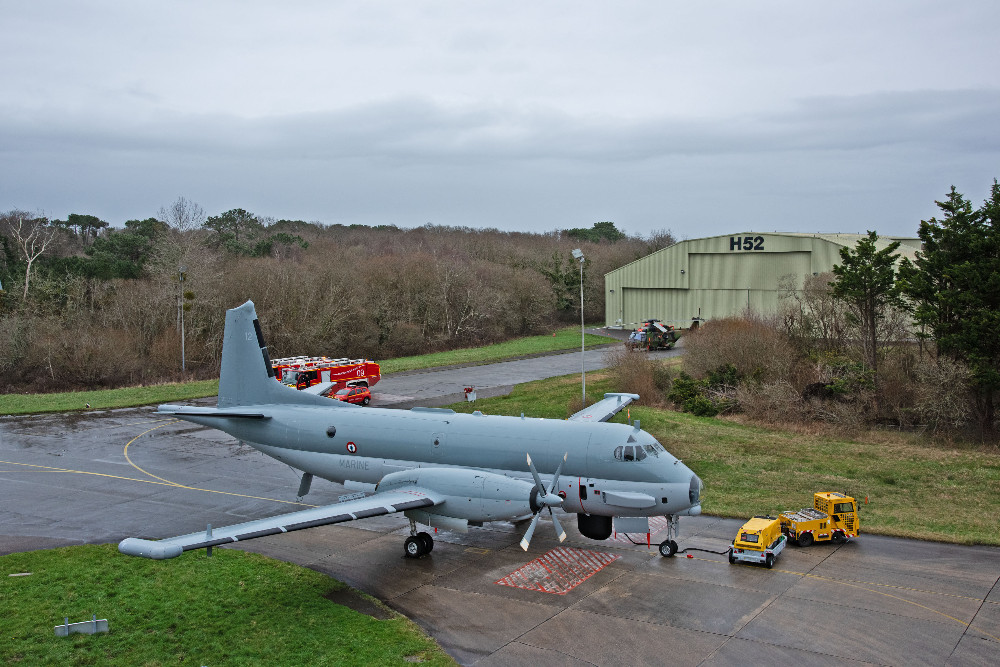La question désormais prégnante de l’autonomie stratégique de l’Europe passe par un accroissement des investissements dans le domaine de la sécurité. Cela nécessite une démarche plus collective pour être plus efficace tout en renforçant les capacités industrielles des pays concernés.
Transatlantic Security and European Autonomy—a Political Economy of Security Perspective *
Transatlantic Security and European Autonomy—a Political Economy of Security Perspective *
The now important issue of Europe’s strategic autonomy must be supported by growth in investment in the field of security. That itself requires a more collective approach in order to become more effective whilst at the same time strengthening the industrial capability of the countries concerned.
* This research is his alone, and does not reflect any official US government position.
European leaders have focused on the concept of strategic autonomy in recent years, amid increased US rhetorical pressure regarding burden-sharing, the (re)emergence of great power rivalry, and questions regarding the strength of the transatlantic bond. I argue that resource allocation is essential to strategic autonomy – it is impossible to understand the prospects of strategic autonomy without understanding the drivers of defense investment. I further argue that these drivers reside primarily in domestic and regional political economies.
European strategic autonomy thus requires increased, defense-focused coordination in employment, fiscal and industrial policy. From a transatlantic perspective, this suggests that the US may consider supporting European efforts at strategic and industrial autonomy as complementary to its desire for more equal transatlantic burden-sharing and more capable allies. In order to address burden-sharing and operational challenges within NATO, the US may need to cede some control and empower its European allies outside the NATO context.
Il reste 92 % de l'article à lire
Plan de l'article







